What can the Swiss teach the US about guns?
In the wake of the devastating school shooting in Parkland, Florida, an American former police officer and current Swiss resident argues it’s time for the US to follow the example of Switzerland in regulating firearms.
As an American living in Zurich, I’ve watched news cycle after news cycle reporting mass shootings, domestic violence-related homicides, and accidental gun deaths in the United States. While the issue of gun violence has impacted every American in some way, I have had a more close-up view than most.
Although these days I work in academia, I was previously a police officer in a large city in the western US. I am also a gun owner and a liberal member of the Democratic Party, facts that many Americans consider mutually exclusive. I carried a gun every day as part of my job and routinely witnessed gun violence in the form of assaults, homicides, and suicides. I still have two guns (locked in a safe back in the US) and a host of friends working in law enforcement. I understand both sides of this highly politicized debate, and I know that there are ways to decrease gun violence other than the zero-sum options typically presented to the American public.

The major stumbling blocks to sensible, life-saving regulations are the false dichotomies dominating the US debate: you are either pro-gun or anti-gun; you are an NRA gun fanatic or a granola-eating pacifist hippie; if we pass one gun law then we are on a slippery slope toward a world resembling Orwell’s 1984. Any kind of middle ground is rarely presented. These dichotomies have succeeded in limiting policy conversations to an us vs. them dynamic, prevented legislators from considering middle-ground options, and stifled constructive conversations to the point of silence.
For example, a former Trump advisor predicted that the President’s supporters would “go insane and he knows it” if he backed any form of gun control. Public dialogue makes it seem as if every household is armed and any form of regulation would ignite a populist revolution. Yet a Pew Research Centre study shows that US gun ownership is actually decreasingExternal link, and only one of every five gun owners belongs to the National Rifle Association (NRA), an organization that takes an extremely vocal position against almost any type of gun regulation. This study also found that a majority of Americans, including gun owners, actually favour stronger forms of regulation concerning who can purchase firearms.
The Swiss model
Evidence shows that strengthening gun legislationExternal link reduces gun-related deathsExternal link, yet there have been no significant legislative policy changes since the 2012 Sandy Hook Elementary School shooting (which killed 20 first-grade children and six adults). The only thing Congress seems to be able to do is tweet “thoughts and prayers,” while 80 pieces of legislation that have been introduced to address gun violence seem to be going nowhere. This is despite the fact that the vast majority of AmericansExternal link support universal background checks, bans on the most dangerous kinds of weapons and ammunition, and permits for gun ownership. The seemingly intractable problem of US gun violence made me wonder if the US could learn something from Switzerland.
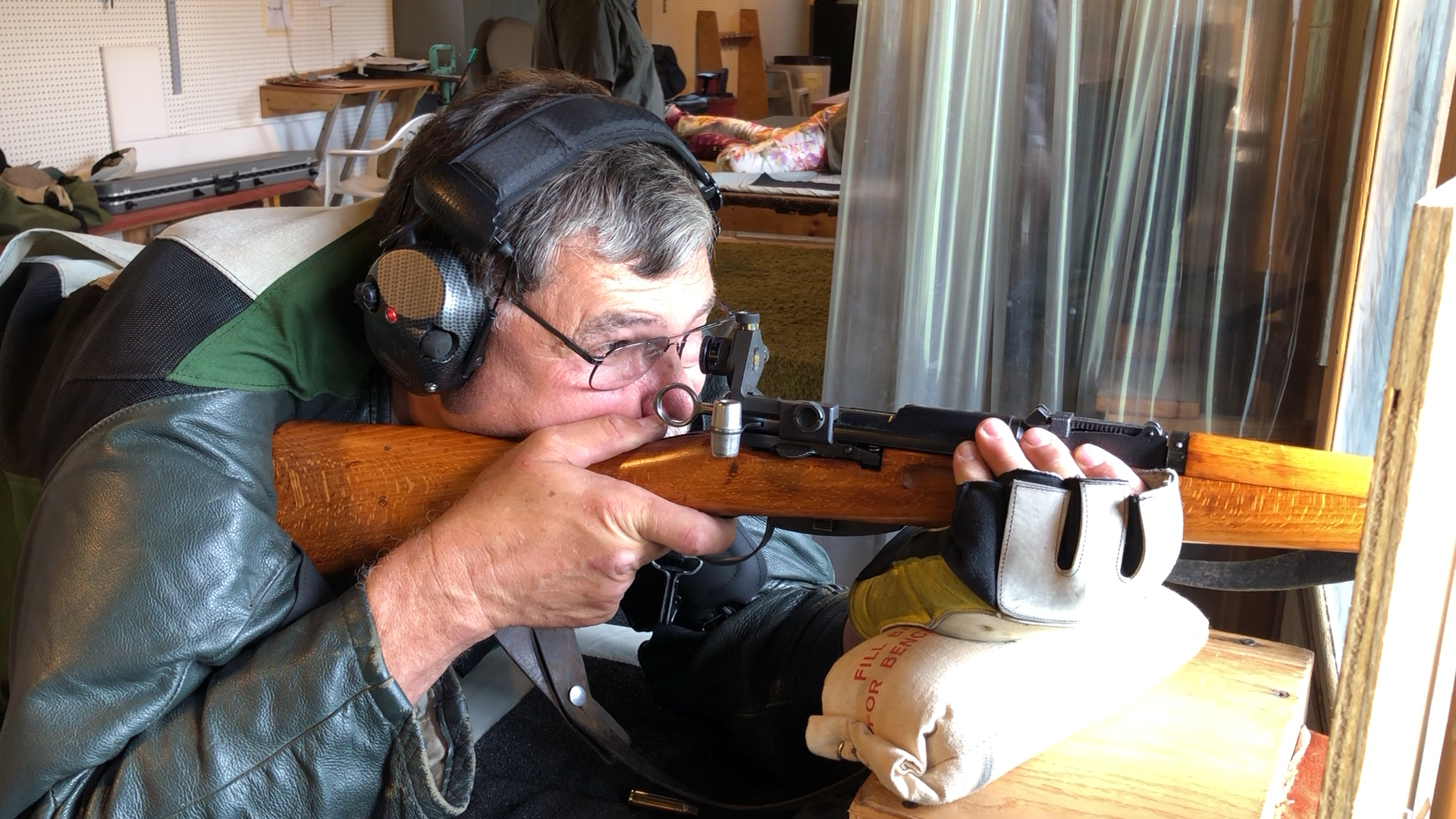
More
All fired up – with Swiss army rifles in America
Switzerland’s democratic history, decentralized government, relatively high levels of gun ownership, and accepting attitude towards guns provide useful similarities to the US. Switzerland is second only to the United States among developed countries in gun ownership, with roughly the same proportionExternal link of gun-owning households. Switzerland is no panacea of peaceful gun possession, with the highest rates of gun violence in Europe. However, it still has only a quarter of the number of gun-related deaths and an even smaller fractionExternal link of gun-related homicides (0.5 per 100,000 inhabitants) than the United States (5 per 100,000). The question is: Why is there such a difference between the two countries?
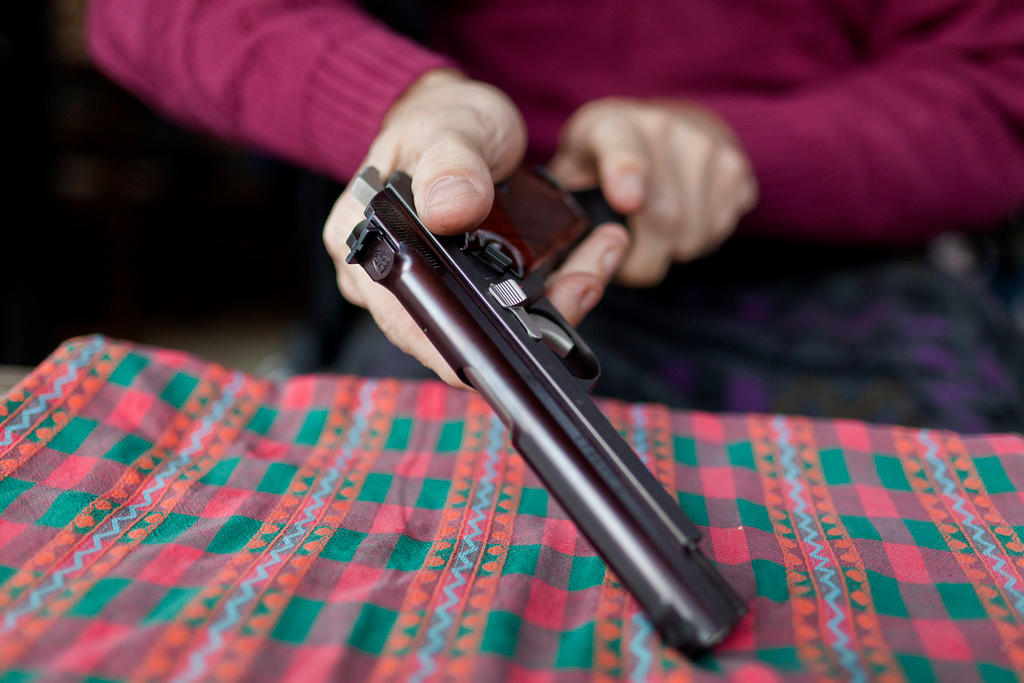
More
Regulating firearms in gun-loving Switzerland
First, there is a direct correlation between the number of guns in a country and the rate of gun-related violence. Like the US, a quarter of Swiss homes have guns, but far fewer of them: The United States has roughly one gun per person, whereas Switzerland has one for every four people. Most Swiss guns were issued to male citizens by the government as part of their compulsory military service. Switzerland operates under a militia systemExternal link with all able-bodied males expected to do military service and participate in the reserves. This means that most Swiss guns are in the hands of people with extensive training in weapons handling and storage.
While it may be too late to reduce the number of guns in the US, it is possible to influence how lethal they are and how easy they are to access. In Switzerland, all automatic weapons are banned for civilians. Since 2007, additional lawsExternal link restricting the sale and possession of ammunition have resulted in a reduction of gun-related suicides and domestic violence incidents. Guns and ammunition must also be stored separately and securely. Controlling access in this way does not impinge on the right to possess firearms, but it does reduce both the numbers of accidental deaths and gun-related suicides. Switzerland has a much lower percentage of such incidents, and US states that have instituted requirements for weapons storage (usually arguing for the protection of minors) have also seen drops in gun-related deaths.
Another important difference is that in Switzerland the onus of getting permission to possess a firearm is on the buyer, not the sellerExternal link. A buyer in Switzerland needs to get a permit-to-purchase issued by the cantonal police (specific weapons for hunting or sports are exempt). Permits are denied to applicants with criminal records, addiction problems, or a debilitating psychiatric condition. This system is based on direct access to criminal records through local law enforcement, and is both more thorough and less burdensome than the current US system, which suffers from widely acknowledged loopholes and information inaccuraciesExternal link. A Scientific American article noted that the ten US states that do require a permit-to-purchase have seen a proven reduction in gun violenceExternal link.
Different mentalities
But I believe the most significant difference between Switzerland and the United States is the relationship between citizens, their government, and guns. TIME and the BBC have reported that the Swiss view gun possession as a patriotic duty and important component of national securityExternal link. Switzerland arms its militia with the understanding that those weapons are for the protection of the country. A culture of responsible gun ownership means that if a threat of abuse or mishandling is detected, the weapon can be confiscated. Outside of border protection, the only other legitimate purpose for a firearm in Switzerland is for hunting or sports, and shooting clubs are popular among both children and adults.
In the United States, the relationship with firearms is different. Two-thirds of American gun owners cite personal protection as their primary reasonExternal link for obtaining a firearm even though they are actually less likely to perceive gun crime as a serious problem. Tellingly, most gun owners in the US cite gun ownership as intrinsic to their sense of personal freedom, whereas the Swiss perceive gun possession as intrinsic to their sense of national freedom. To put it another way, the Swiss have guns because they trust their government, and Americans have guns because they don’t.
However, it is time for the tyranny of the vocal minority to end. The fear of the hypothetical should no longer override the reality that Americans are dying senselessly, and we are obligated as citizens to do something. The silent majority needs to speak up, make our voices heard, have those difficult conversations, and propose solutions. And maybe we can also learn something else from the Swiss, who vote more than any other country and have the right to propose their own legislation as well as thwart legislation already approved by parliament. Perhaps Americans can do a better job of exercising their democratic responsibilities and vote en masse to elect representatives who will listen to their constituents and finally take a stand for the middle ground.
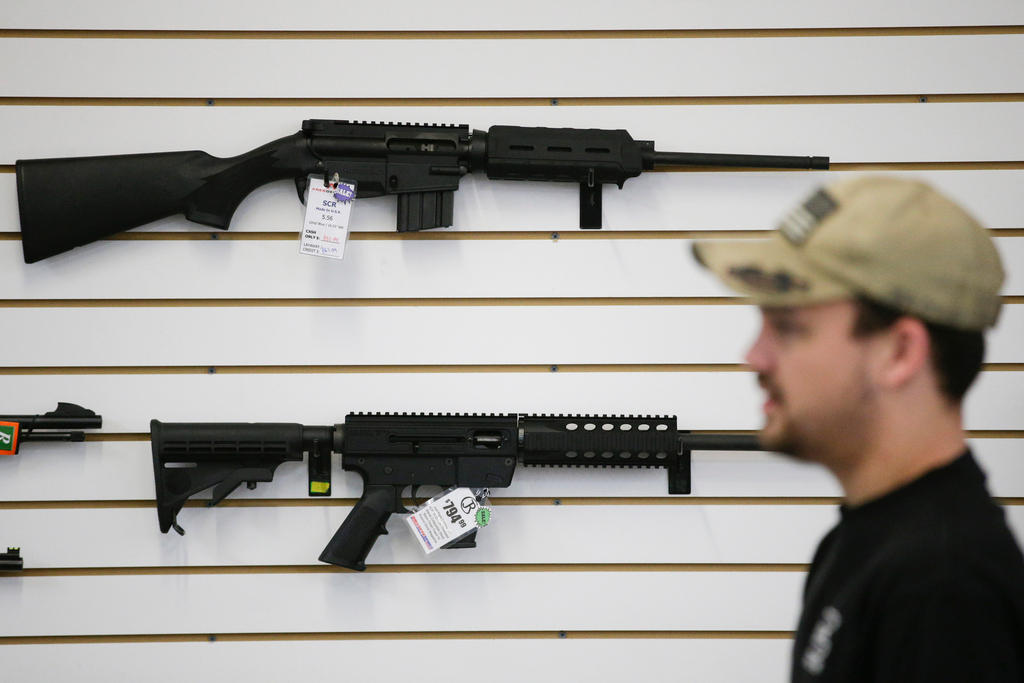
More
How do the Swiss deal with firearms? Your questions, answered
The views expressed in this article are solely those of the author, and do not necessarily reflect those of swissinfo.ch.
swissinfo.ch publishes op-ed articles by contributors writing on a wide range of topics – Swiss issues or those that impact Switzerland. The selection of articles presents a diversity of opinions designed to enrich the debate on the issues discussed.

In compliance with the JTI standards
More: SWI swissinfo.ch certified by the Journalism Trust Initiative

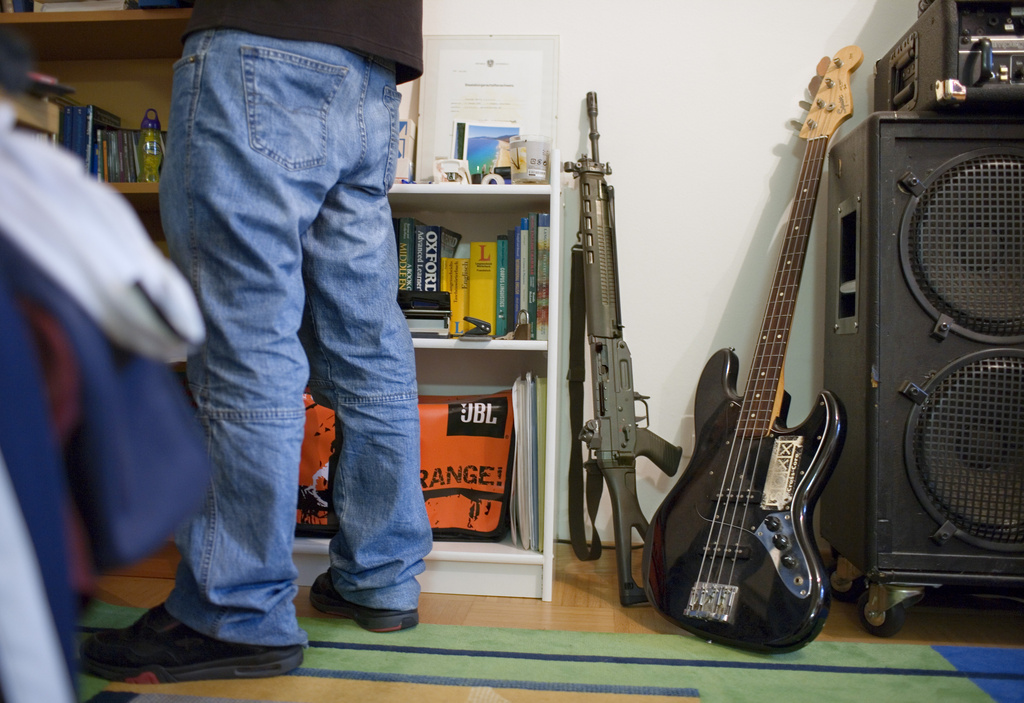
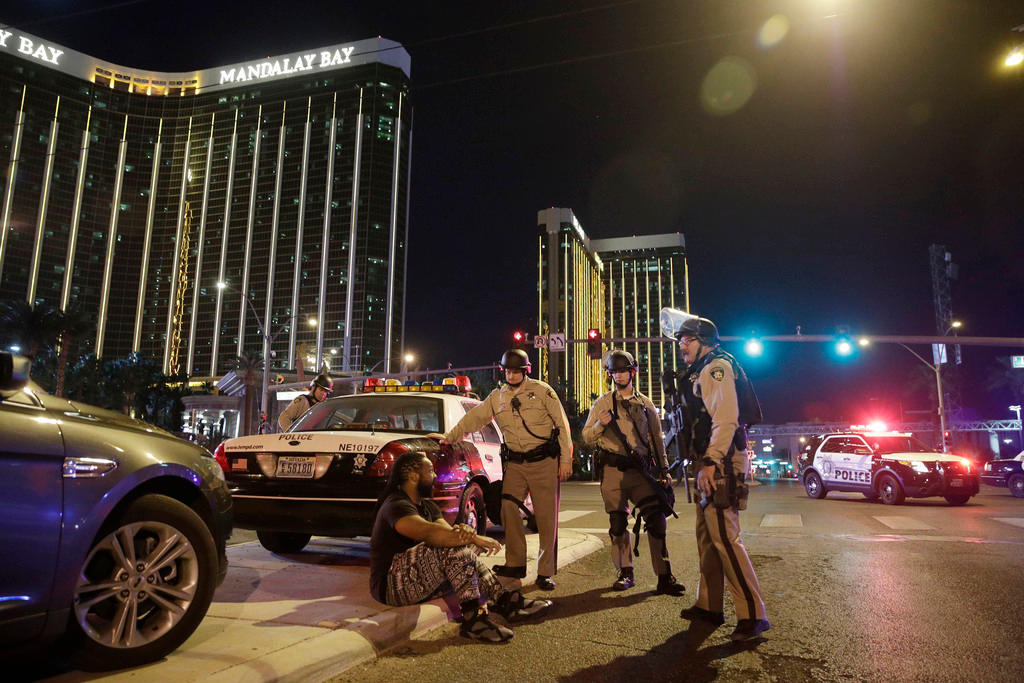
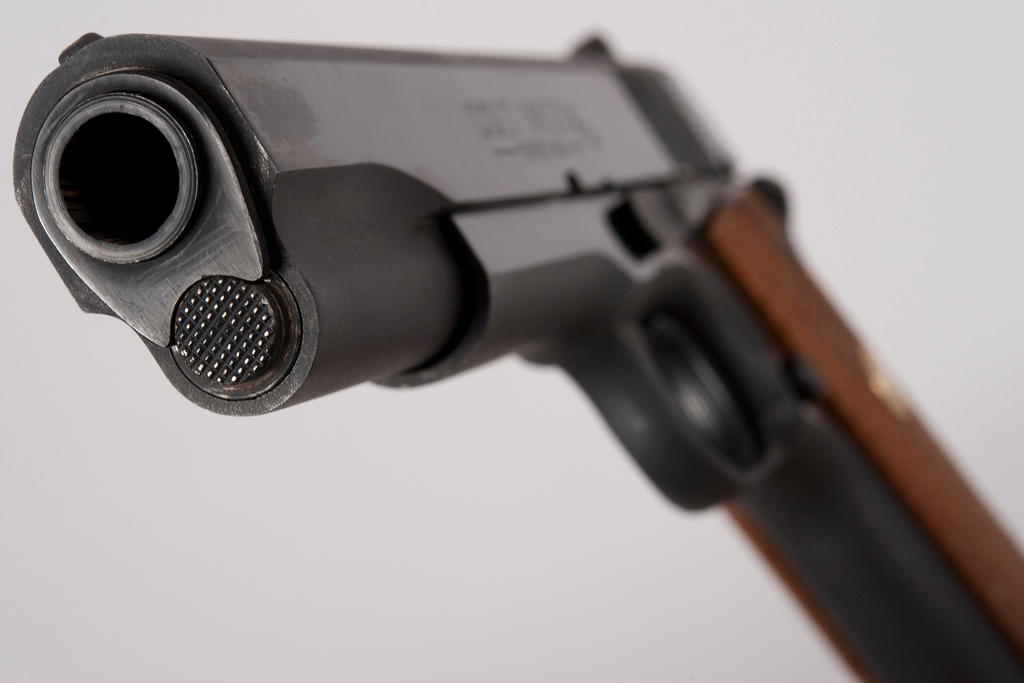
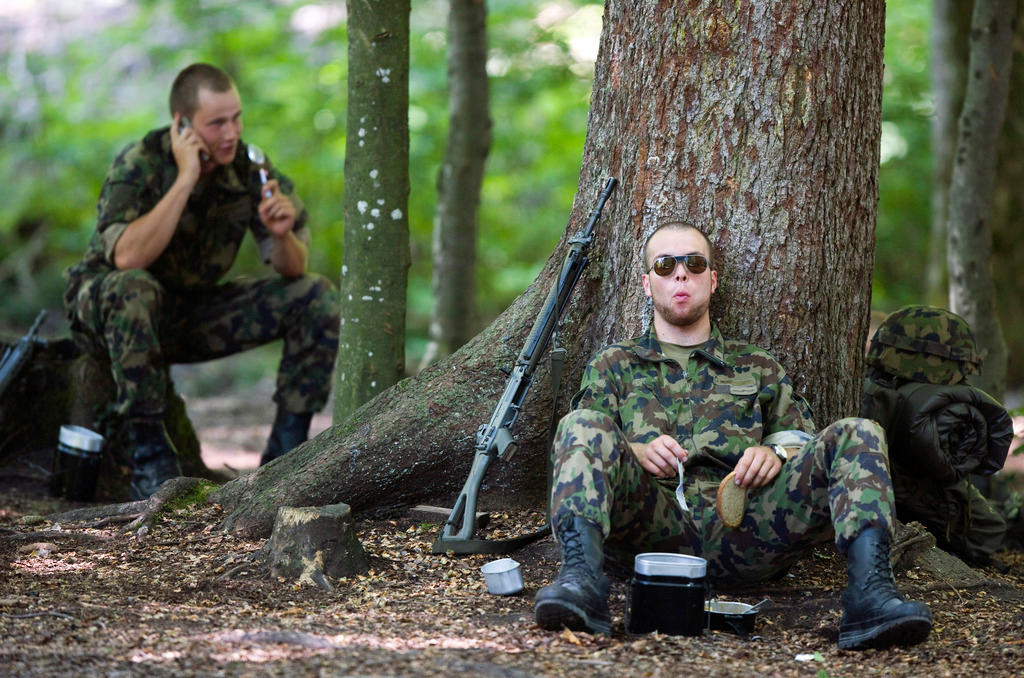
You can find an overview of ongoing debates with our journalists here. Please join us!
If you want to start a conversation about a topic raised in this article or want to report factual errors, email us at english@swissinfo.ch.